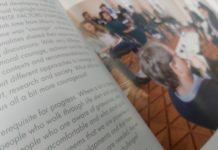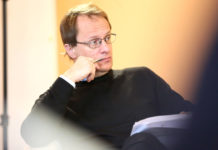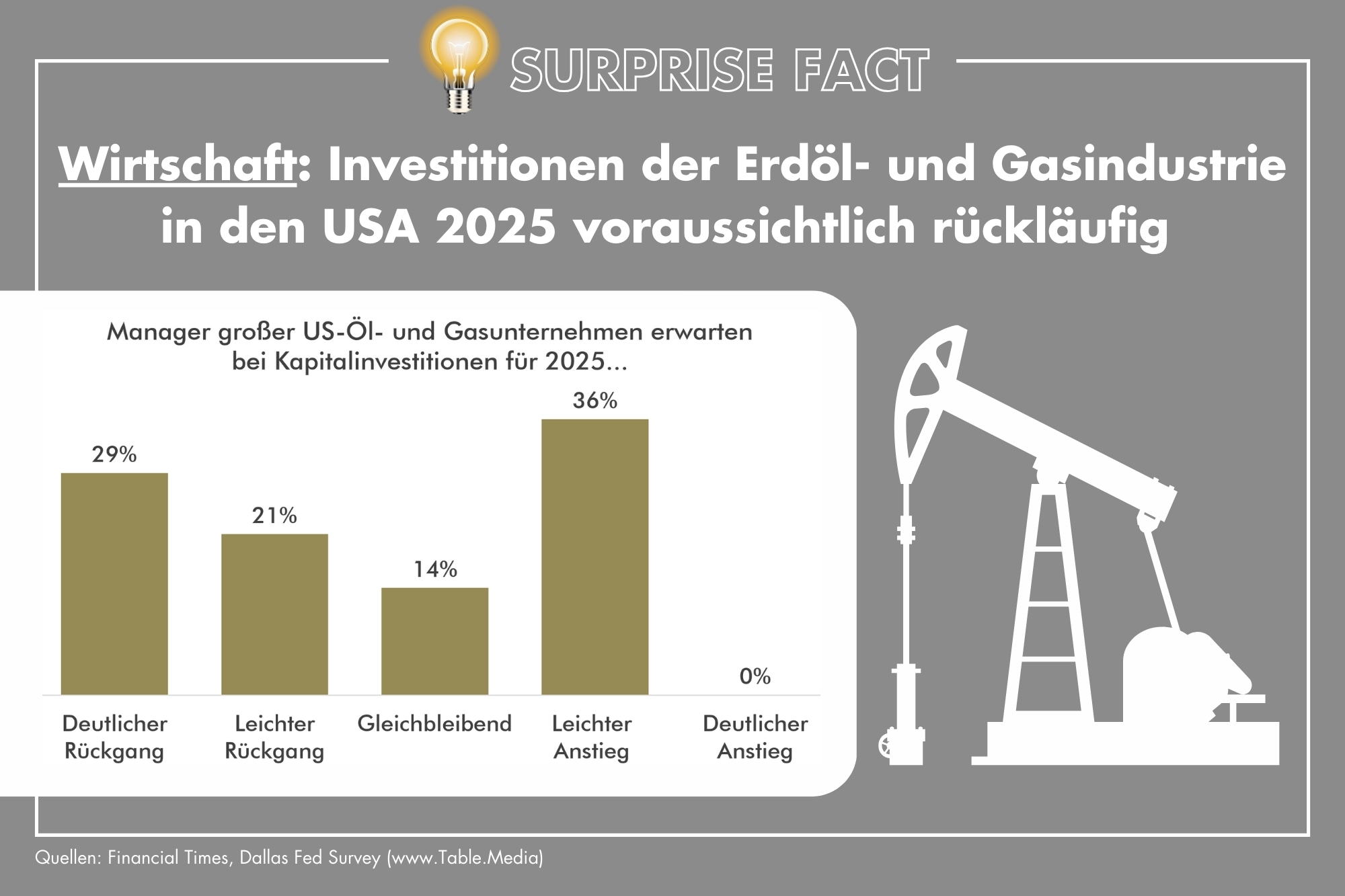About 700 guests and numerous media representatives flocked to the SURPRISE FACTORS SYMPOSIUMS 2016; the evening event which kicks off the sixth operative year of ACADEMIA SUPERIOR in the Toscana Congress Center in Gmunden, in the Austrian Federal State of Upper Austria. The motto of the evening was: “Where does freedom start and where does it end”, which saw Lech Wałęsa, Nobel Peace Prize winner and leading figure in the fight against communism talk about his personal experience and the necessity to make a stand for upholding freedom.
During the day, another four experts shared knowledge of their respective areas of expertise in in-depth discussions.
Anna Kamenskaya gave some insight into her personal experience as a marketing specialist and talked about how (lack of) freedom was handled in her country of origin, the former Soviet Union and how it is handled in her present hometown of Hong Kong.
Uffe Elbæk pointed out what freedom means in a Europe which is increasingly put under pressure, while Gabriele Fischer, addiction specialist, shed light on a totally different aspect of freedom: the role of individual freedom in relation to addiction.
Author Wolf Wondratschek complemented the circle of experts with his artistic perspective saying that absolute freedom does not exist.
As always, Markus Hengstschläger, Head of the Advisory Board and Scientific Director of ACADEMIA SUPERIOR presented and chaired the panel discussions together with the former Editor in Chief of the Harvard Business Review and founder of Fast Company, Alan Webber.
Outcomes of the expert panels
Once again it was academic dialogue and the passion and curiosity to explore new avenues which formed the focus of the SURPRISE FACTORS SYMPOSIUM. Although the experts’ views on freedom were rather diverse, they all agreed that taking on responsibility was a firm prerequisite for freedom, since your individual freedom ends the minute you hand over responsibility for it to somebody else. Since time immemorial, human beings have strived for freedom and for keeping it. And yet, they often voluntarily give up their freedom: for various personal benefits, for supposed safety and security. Often in human history the freedom which has been fought for so hard suddenly becomes not so important anymore and is exchanged for something allegedly more valuable or more usable.
Politics needs to take on the responsibility to create suitable framework conditions in order to not allow freedom to fall behind. Politics should provide direction, but at the same time enough room for each and every individual’s freedom. Too many framework conditions bring about a lack of freedom, conversely, the same is true for insufficient framework conditions.
Politics has the duty to care for the freedom of society and hence it walks a very fine line between state regulations and deregulation, between safety and freedom.
Moreover, the task of politics is to provide guidance and support to its people. Because lack of guidance causes fear and dependence and both are great enemies of freedom. However, society also needs to take on responsibility, hence it not only needs to contribute to its own freedom but also to the freedom of others.
If we want to keep, expand, protect and strengthen freedom in Upper Austria and beyond, then we need to join forces – for the sake of ourselves and for everybody who wants to live in freedom in Upper Austria and in the world.






